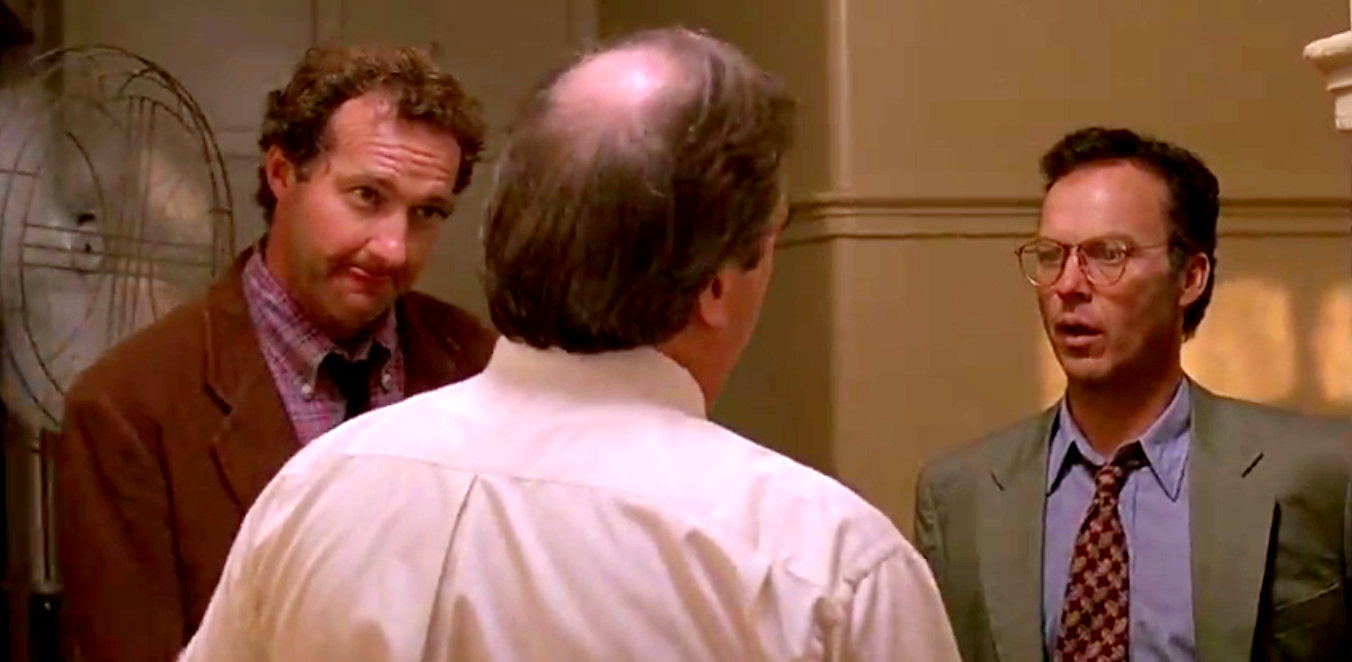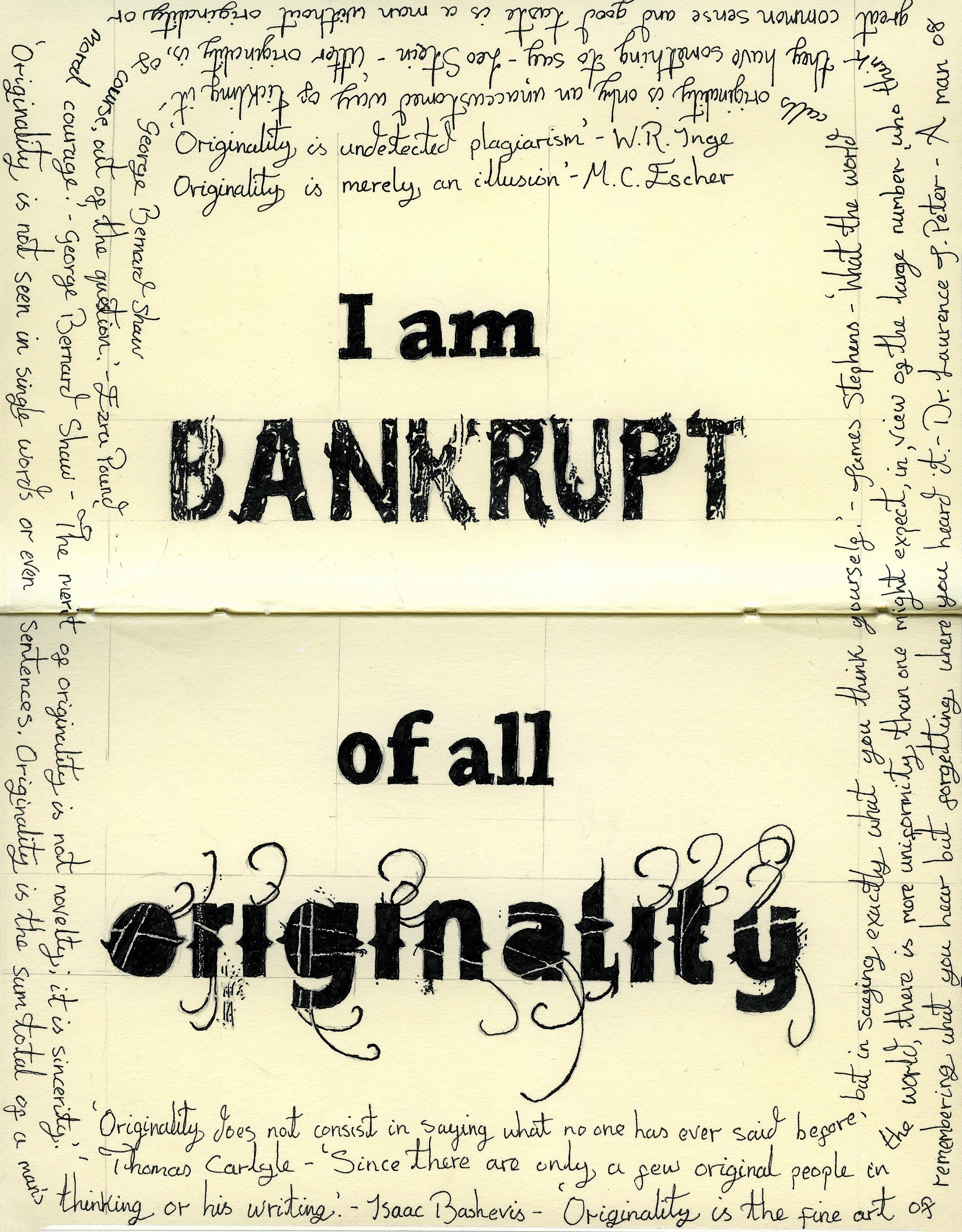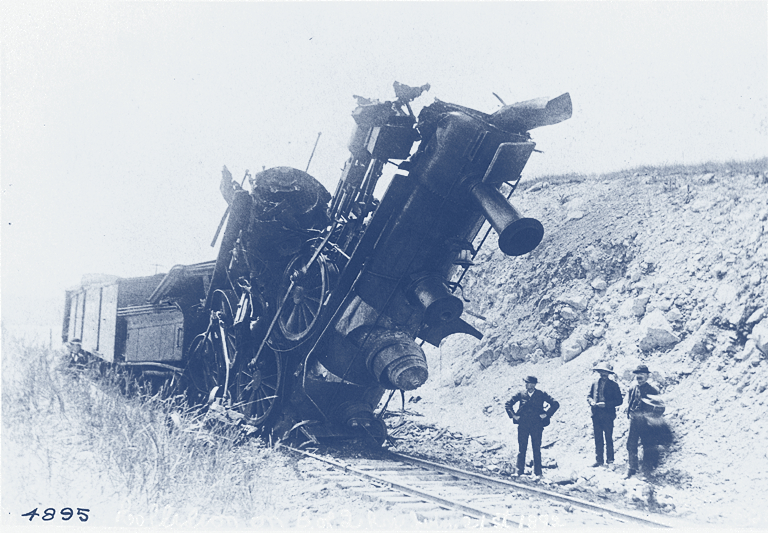One section down, it’s two to go as we begin the second. The serialization of my ebook Responsible Reporting: Field Guide for Bloggers, Journalists, and Other Online News Gatherers continues ahead of its release into the public domain. So far we have the Foreward and from Section 1, Chapters, I and II, III and IV, V and VI.
The section’s short introduction is explanation enough what to expect. However, let me remind that all information was current when published 14 months ago and largely is unchanged today. Largely isn’t completely. Relevant clarification: Pricing for the New York Times digital editions is accurate but doesn’t reflect a current half-price promotion for 26 weeks. That said, the point—pricing that is an affront to consumer contextual consumption of news—is just as valid.





